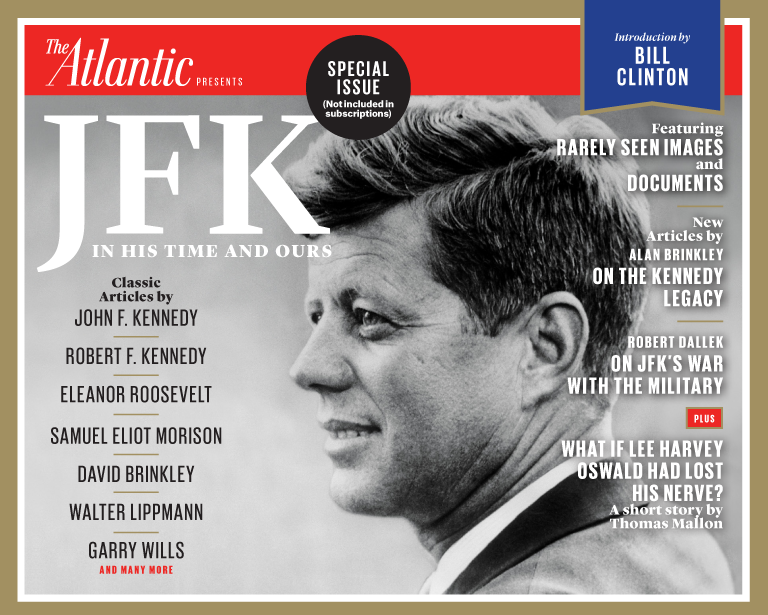Turns out, U.S. Rep. Steve Cohen (D-Memphis) and former President Donald Trump agree on something: they both want all records related to the assassination of former President John F. Kennedy released to the public.
It’s surprising the two could agree on anything at all. Cohen has been one of Trump’s most vocal critics.
On Friday, Cohen sent a letter to President Joe Biden, asking him to release the few, remaining documents related to the Kennedy assassination. He said Americans are distrustful of the federal government. Some of that, he said, can be traced back to the perceived cover-up of JFK’s murder in Dallas.
“The governmental secrecy and recent delay in the release of the documents only perpetuates this type of thinking,” Cohen wrote. “If the papers demonstrate different circumstances or additional actors were involved, so be it. If the documents support the Warren Commission’s findings or further support the work of the House Select Committee on Assassinations, so be it.
If they implicate or embarrass the CIA, the Federal Bureau of Investigation (FBI), or any other governmental agency, the public has a right to know.
Rep. Steve Cohen
“If they implicate or embarrass the CIA, the Federal Bureau of Investigation (FBI), or any other governmental agency, the public has a right to know. After 60 years, it is time to quash the conspiracy theories and demonstrate the federal government’s accountability to the people.”
“When I return to the White House, I will declassify and unseal all JFK assassination related documents,” he wrote on Truth Social in July last year. “It’s been 60 years, time for the American people to know the truth!”
It’s been 60 years, time for the American people to know the truth!
Former President Donald Trump
But Trump is partly to blame for the delay in the documents’ release. In 2017, he released some of the papers, but not all of them. He said at the time that agencies told him that the papers “should continue to be redacted because of national security, law enforcement, and foreign affairs concerns.” He had “no choice,” he said, as he didn’t want to “harm the nation’s security.”
In 1992, Congress mandated the documents to be released in 2021. But Biden delayed that release in October. He said the National Archives and Records Administration (NARA) needed more time to examine the documents as the pandemic had slowed its work.
The 1992 law gives presidents power to delay the release, Biden said, if “postponement remains necessary to protect against an identifiable harm to the military defense, intelligence operations, law enforcement, or the conduct of foreign relations that is of such gravity that it outweighs the public interest in disclosure.”
The Mary Ferrell Foundation, a group devoted to “unredacting history,” sued NARA last year over the delay. That lawsuit questions, in part, whether Biden even had authority to postpone release of Congressional records. Parts of the suit got the green light from a federal judge in January.
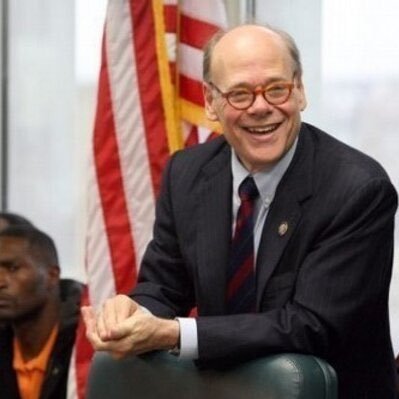
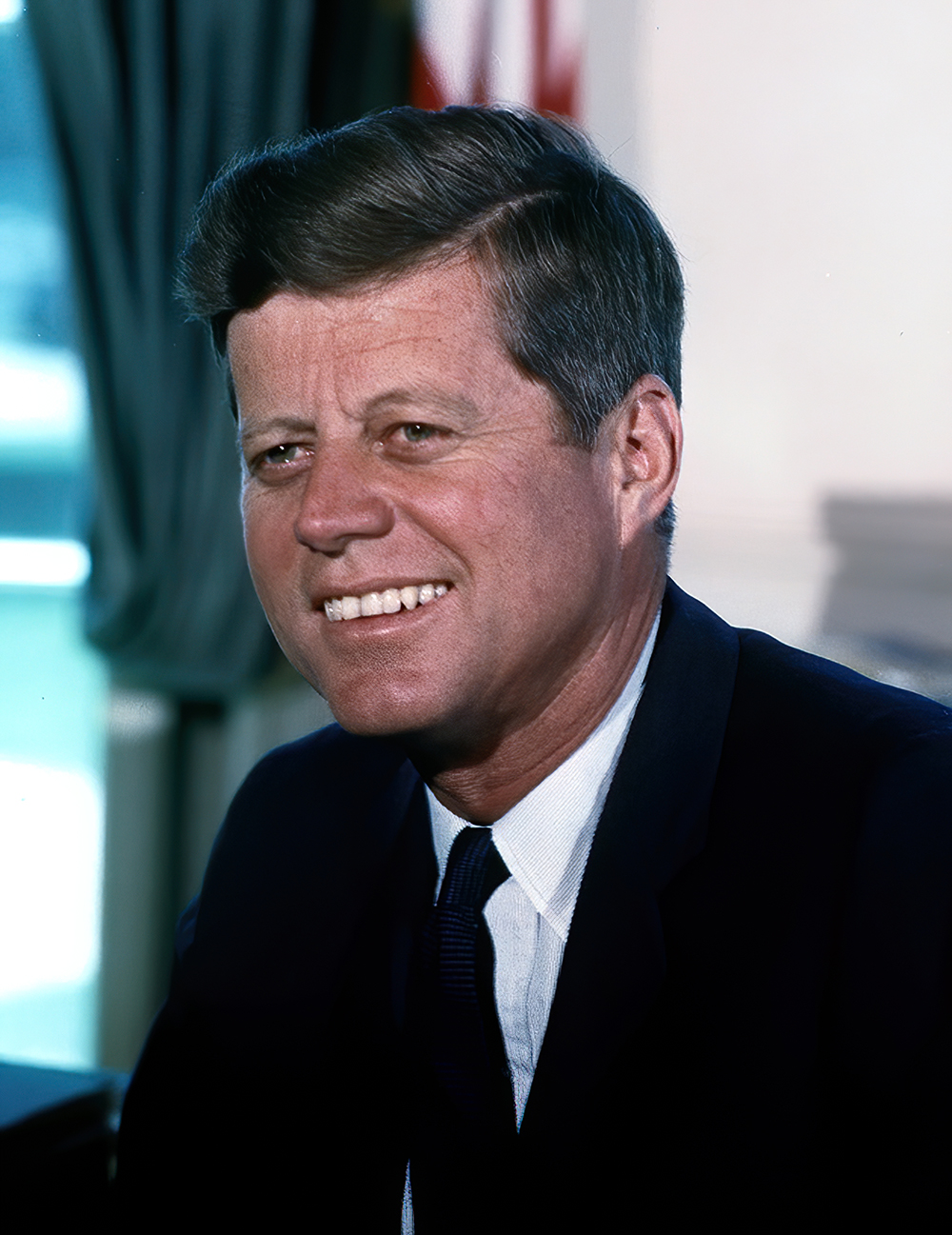
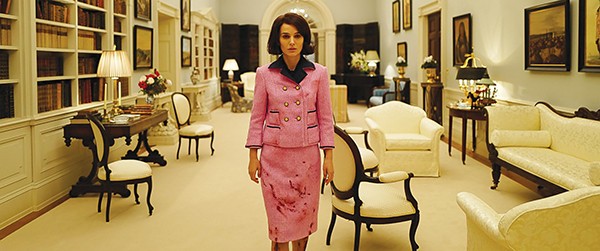
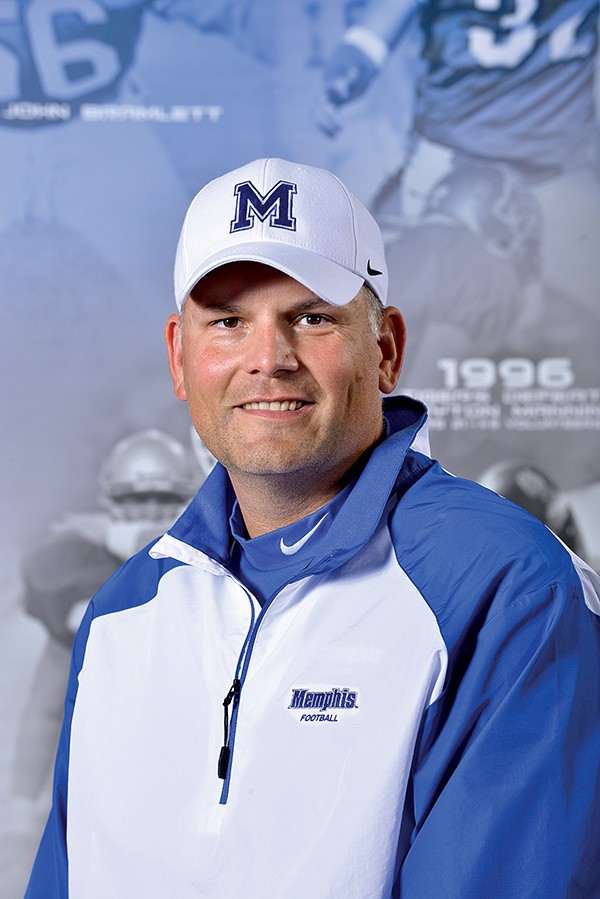 Larry Kuzniewski
Larry Kuzniewski 
